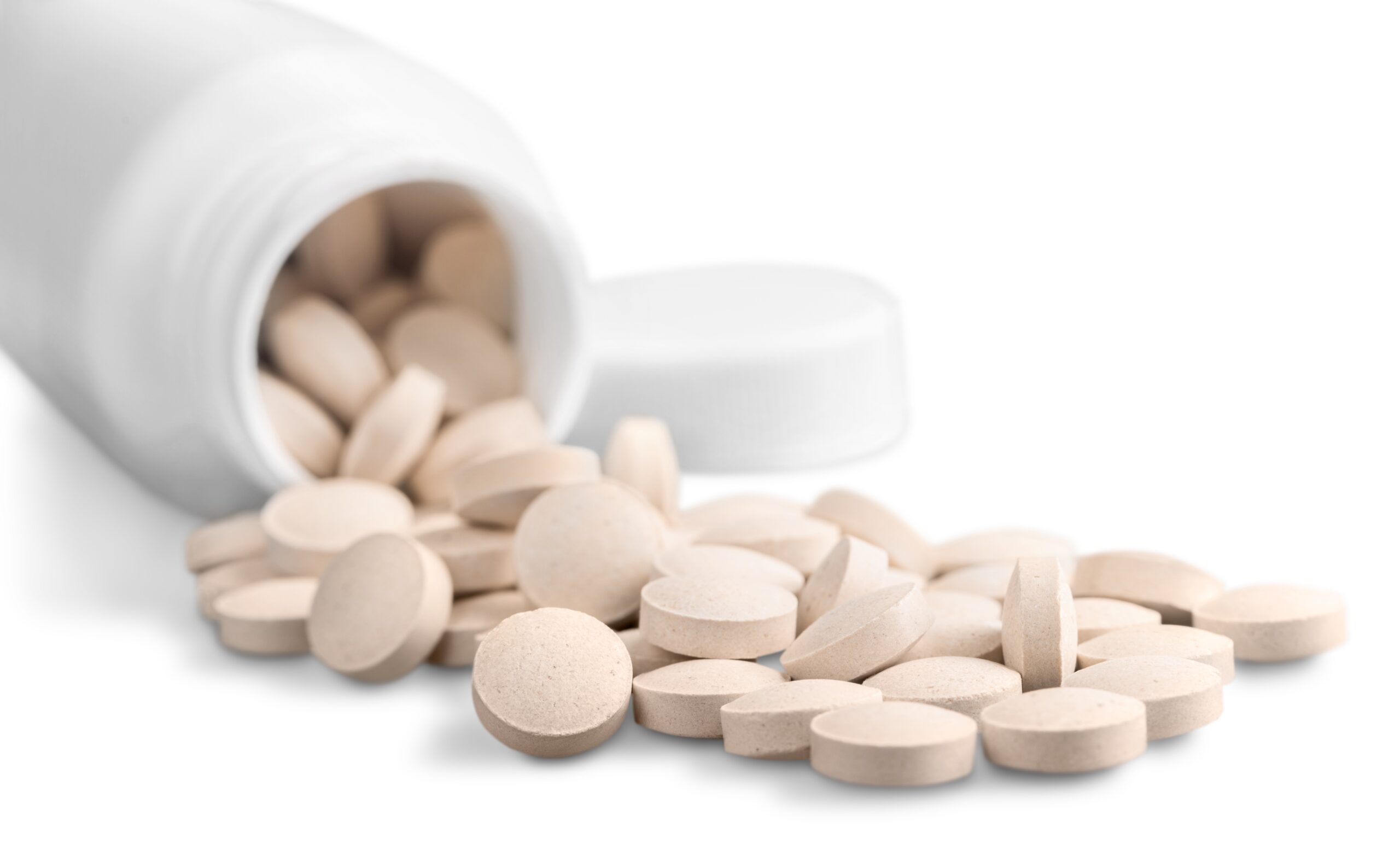Tablets: A Reliable and Versatile Choice for Medication and Supplements

Tablets are one of the most common forms of medication and dietary supplements, known for their convenience, stability, and precise dosing. They are composed of active ingredients that are compressed into a solid form, often with the addition of binders, fillers, and coatings. Tablets can be designed to release their contents in various ways, including immediate release, extended release, or controlled release.
One of the primary advantages of tablets is their durability and shelf life. The solid form of tablets provides a stable environment for active ingredients, protecting them from moisture and air, which helps maintain their potency over time. This makes tablets a practical choice for long-term storage and use.
Tablets are also favored for their precise dosing. Each tablet contains a specific amount of the active ingredient, ensuring consistent and accurate administration. This precision is particularly important for managing chronic conditions or when exact dosages are critical for effectiveness.
Another benefit of tablets is their ease of use. They are typically small, easy to carry, and convenient to take with water. Many tablets also come in scored forms, allowing them to be split into smaller doses if necessary. This flexibility can be especially useful for adjusting doses or for individuals who have difficulty swallowing larger tablets.
Tablets can be formulated with various release mechanisms to meet different therapeutic needs. For instance, extended-release tablets are designed to release the active ingredient slowly over time, providing a more sustained effect and reducing the need for frequent dosing. Conversely, immediate-release tablets dissolve quickly in the stomach, offering rapid onset of action.
However, some tablets may have coatings to mask the taste of unpleasant ingredients or to protect sensitive compounds from stomach acid. Enteric coatings, for example, allow tablets to pass through the stomach and dissolve in the intestines, which can be beneficial for medications that can cause stomach irritation.
In summary, tablets offer a reliable, versatile, and precise way to administer medication and supplements. Their durability, accurate dosing, and various release options make them a popular choice for both patients and healthcare providers. Whether for daily vitamins, prescription medications, or other health needs, tablets continue to be a cornerstone of pharmaceutical and supplement delivery.
U.S. Food and Drug Administration. “Types of Drug Products: Tablet Dosage Forms.” FDA.
National Institutes of Health. “Drug Delivery Systems: Tablets and Capsules.” NIH.
MedlinePlus. “Understanding Your Medications: Tablets and Other Dosage Forms.” MedlinePlus.









